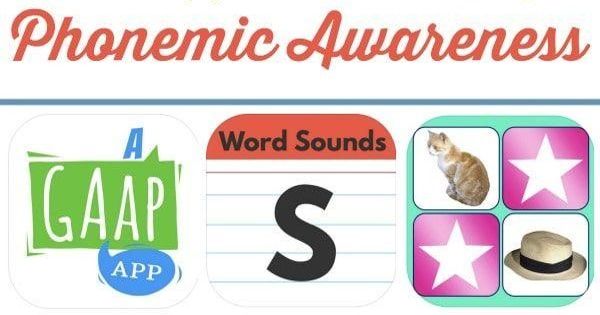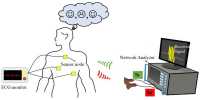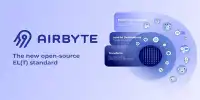Researchers develop new software to assess phonological awareness
Phonological awareness is the understanding of the different ways in which oral language can be divided into smaller components and manipulated. Understanding sounds in a language is a critical building block for child literacy, but this skill is often overlooked. Researchers at Michigan State University have developed a new software tool to assess children’s phonological awareness—or how they process sound word structure. Activities such as replacing different sounds with the first sound of a familiar song can help children develop phonological awareness, a cognitive substrate for learning to read.
Common misconceptions about phonological awareness are addressed. MSU researchers develop a software tools to assess children’s phonological awareness.
The ATLAS or Access to Literacy Assessment System (ATLAS) program—the first of its kind for children with speech and/or language disabilities—may allow parents, early childhood teachers, and para-educators to quantify success more specifically for children with a variety of skills. Becoming phonologically conscious prepares children for subsequent reading learning, including phonic instruction, word analysis, and pronunciation.
The most common obstacle to acquiring early word reading skills is the failure to process phonological language. A study performed by the MSU ATLAS team, published in the journal Language, Speech and Hearing Programs in Classrooms, has shown that the app is successful when validated with over 1,100 children between the ages of 3 and 7—with and without speech and language impairments. In the past two decades, no field of reading science has earned as much coverage as phonological knowledge. Perhaps the most exciting conclusion from the phonological awareness study is that essential stages of phonological awareness can be developed by specifically designed teaching, and this progress has a direct effect on children’s reading and spelling achievement.
“Phonological awareness is one of the strongest predictors of literacy skill development later in life,” said Lori Skibbe, professor of human development and family studies at MSU and lead author of the research. “It can include rhyming, recognizing how sounds go together to make words, and understanding how words can be broken apart into sounds.”
Skibbe clarified that the app, which is available free of charge, is adaptive, which ensures that the test items are special for each child. Children will take the exam without speaking, and the test is shorter than many those on the ground. ATLAS is also useful to many children with disabilities, including those with speech and/or language disabilities.
“For children with a primary speech and/or language impairment, meeting educational literacy goals can be difficult,” Skibbe said. “However, the ATLAS software allows children to demonstrate what they know, even if they struggle to answer questions verbally. This ensures their skills are accurately assessed, and that they receive the right support to keep them on track to meet literacy milestones.”
Finally, phonemic awareness is the most advanced degree of phonological awareness. Phonemic knowledge is the perception that words are made up of individual sounds or phonemes, and the ability to control these phonemes by segmenting, combining, or modifying individual phonemes into words to produce new words.
















